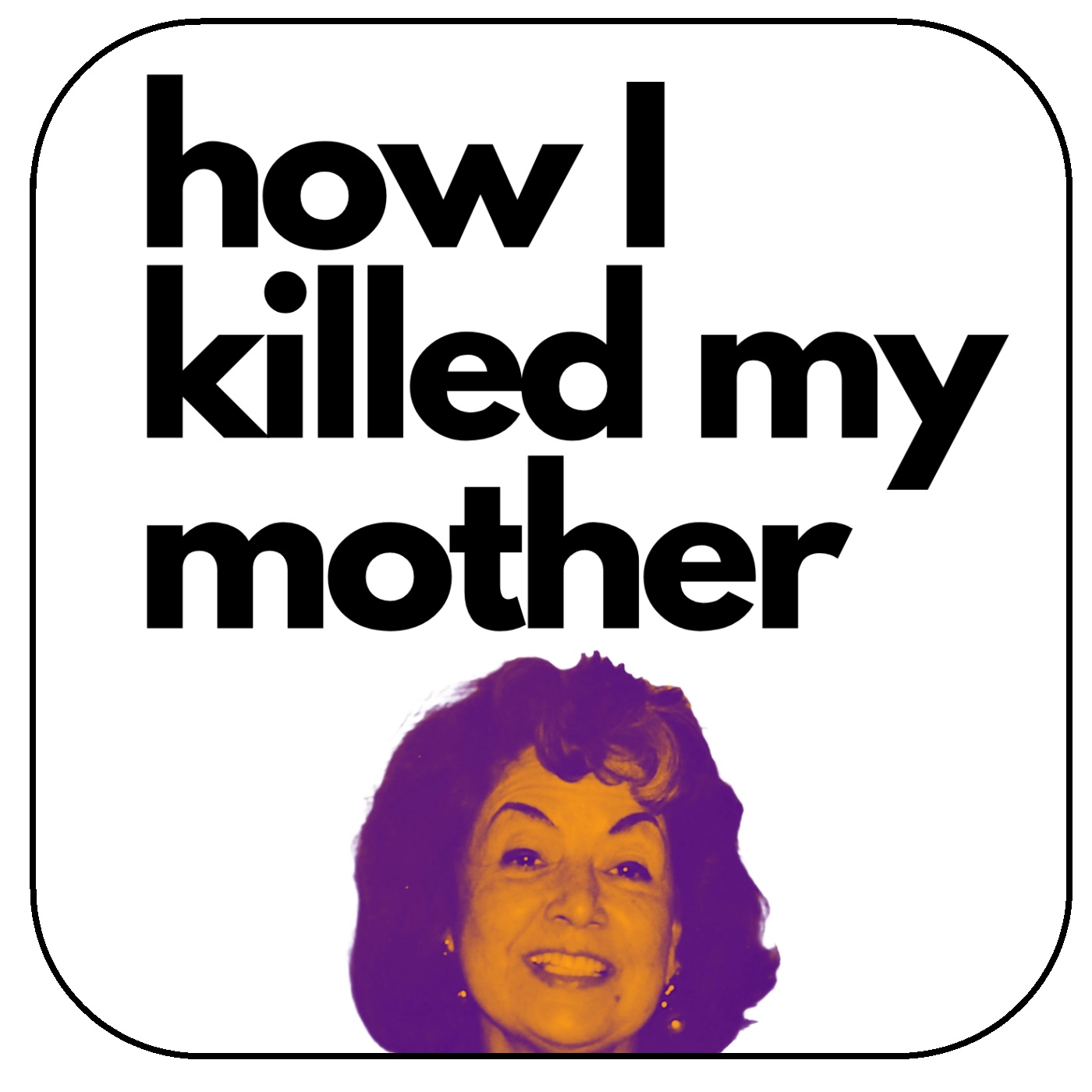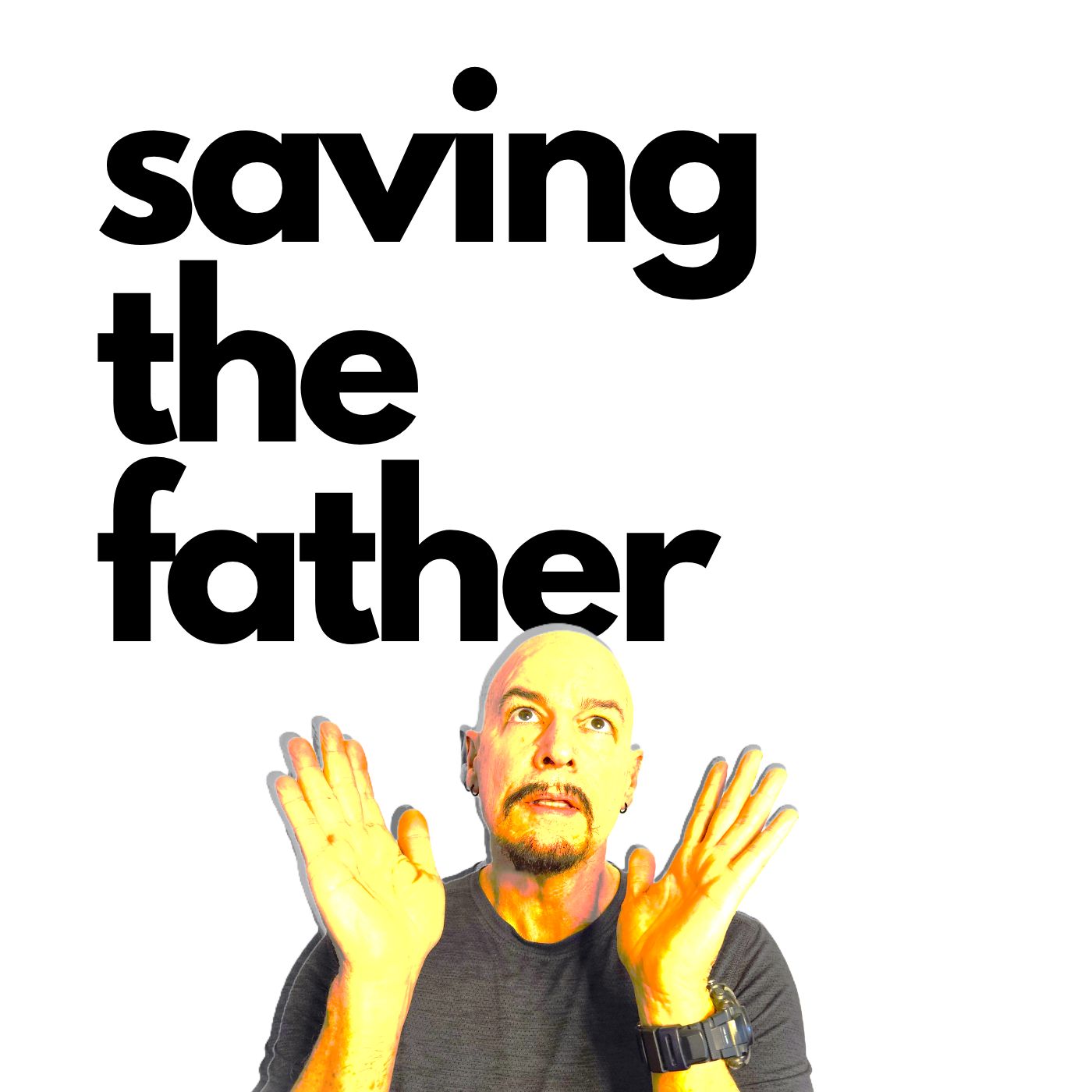Misty McMichael Heart of Gold – 3
Steve “Mongo” McMichael & Misty McMichael via Misty’s Instagram McMichael.Misty FOLLOW
Part 3
Misty McMichael – Heart of Gold
Every time I have done Misty’s McMichael’s hair, it was on one of her rare “free days.” Misty McMichael, wife of Chicago Bears and WWE star, Steve Mongo McMichael, only allows herself one free day a month where she will get her nails or hair done. The rest of the time she takes care of Steve who is suffering from ALS. On free days Misty may even give herself the gift going to a show, a concert, or a meet-up with a girlfriend, or two. Misty and her besties might meet up to have lunch or dinner and drinks at a restaurant. Gibson’s, in the Gold Coast of Chicago, near my salon, is her favorite. But that is just one day a month.
Misty also allows herself to cry. And she has her own crying room to do that in which is really just the laundry room down at the far end of her house. Away from Steve’s bedroom. There’s a little chair in there and she will sneak into the “crying room” and sit and cry. But only when the laundry is running so Steve and his nurses can’t hear her. Also, when she is walking Blue, their beloved chihuahua, sometimes she’ll cry then too. Misty would also like to thank all of her sweet neighbors. They all know the McMichael’s, and their situation. The neighbors always wave, or nod, and they always look away when Misty’s tears are flowing and her fake eye lashes are sliding down her face.
A Lesson in Navigating: ALS Increased Awareness
When you have a trach and ventilator, like Steve has to have to breath, you need 24-hour care because you’re not able to call for help when you need it. At hospitals, they have people called “sitters” who sit by ALS patients, all day, and all night long. And if the sitter thinks that the patient needs attention, they take on the responsibility to go get a nurse. Medicaid or Medicare knows that there are sitters, so they won’t pay for the nurses you’ll need. Especially if the ALS patient is in the hospital. It is up to the individual to pay for the needed 24-hour nurse care, out of pocket. And that’s even if you can find one to hire them because, in a lot of places and cases, there are none available to be hired. Misty is Steve’s sitter most of the time. But she also needs a full time nurse who knows what he or she is doing to give Steve whatever he needs.
24/7 nursing care comes to about $13,000 a month. That’s anywhere from a $150,000 to $160,000 a year out of pocket expenditure. And when she first started to need a nurse for Steve, Misty and Steve were flat out broke. They couldn’t even pay the monthly mortgage on their home. They had already burned through their savings on all the medical bills that weren’t covered by insurance. Misty didn’t know how she was going to be able to put food on the table, let alone get Steve to the multiple doctor’s appointments he had to get to.
As Misty began to look into in-home nursing care she was struggling to pay the bills and put food on the table, and she began to break down. Emotionally and physically. Misty’s body reacted to her situation by giving her vertigo brought on solely by the stress. For months she experienced the room spinning and there was a lot of puking until she was empty. And when she was empty and strong enough to get out of bed, she had to take care of Steve and her daughter. Misty’s doctors told her there wasn’t much they could do for her except to prescribe Xanax, but that it was up to her to handle her stress. “Just don’t stress,” the doctors told Misty. Well, that was easier said done because Misty had never been a “zenned-out” girl and she did not know how to meditate.
The NFL and ALS: A Battle Beyond the Field
When Steve lost the complete use of his legs, but he still had his breathing, Misty was still dizzy with Vertigo, but she was still the one who had to help lift him off the bed and into a wheelchair. In a short period of time it became apparent that where they were living was not going to be good for them anymore because it had no ramps. The house was going to be taken away anyway because Misty and Steve were, literally, down to their last penny with nowhere to go. This was the scariest time in Misty’s life, and she was, in her mind, “just a wife,” with hardly any type of life-skills or people she could turn to help handle her dire situation. She had a daughter, and a husband, and a dog who all deserved the basics in life: a roof over their heads and food on the table. It was all on Misty. Misty had never had to face anything like this before, nor did she know anyone who had. All she had was what her vertigo doctors told her to do: “Just don’t stress?!” But that didn’t help her.
But help did come. And it came to Misty in the form of three angels. Laurie Demakos, and Betsy Shepard. And they introduced Misty to Lizzy Nicholson, whose husband, Tom Sullivan, was suffering from dementia. It was these three friends who took the time to help her, educate her, and even feed Misty and her family when they were financially devastated after only the first wave of Steve’s impending medical care which included their trip ups and follies from the family’s insurance snafus.

Laurie, Betsy and Lizzy held Misty together when she felt like she was losing her home and mind. The three women worked on Misty. And they worked with Misty and told her that everything was going to be alright at a time when Misty thought all was lost. Eventually, Misty began to take her friend’s prescribed free-days, and she learned to arrest the financial bleeding. More importantly, Misty began to believe that things were going to be alright. Misty tells me that she could never have been able to receive and manage the outpouring of the gifts of love and financial support for Steve if she had not firstly been picked up by those three ladies. Misty could not have got in touch with her inner strength if they hadn’t shown her how to help herself. Misty claims that Laurie, Betsy and Lizzy saved her life, and that they changed her. For the better. Misty would like to thank them from the bottom of her heart. And Misty thinks of these three women whenever she goes to her crying room. “After I let go of my tears,” she said, “I thank the universe for friends like them and I hope that I can be for Steve like Lizzy was for her husband.”
Misty is now working hard, every day, for her own family. And yet she knows she has been gifted a lot of support and gifts and that there’s people out there, like herself, who are walking into a life with ALS. So now she is also trying to be available to help other families and patients suffering from the horrible financial effects brought on by ALS. ALS is one of those diseases that doesn’t just creep up on you and then you pick up a brochure or go to one doctor and get all the information you’ll need. Misty says she was gob-smacked with all the things she didn’t know about how to care for her husband. And, at first, she didn’t know where to get the information because the needs for each ALS patient are so different.
The NFL and ALS: A Battle Beyond the Field
“You have to do your research,” she said. “And you’ll have to learn what meds go with other meds. And you have to know how to financially manage your life as well as the lives of the people you need to protect. And you have to know all of this information before you actually need it.”
Take for instance: Wipes and ventilator tubes. If your ALS patient ends up on a ventilator, like Steve is on, you’re going to need a million of these two items. One can try and get Medicare to pay for those things. But they don’t like to pay for some necessities, so you’ll have to have the funds or savings to pay, out of pocket, for wipes and ventilator tubes on your own. Of course, there will be other supplies you’ll need that cost a fortune at the medical supply store, but they may be cheaper on Amazon. There are supplies, such as split gauze, that you’ll need but they are only available at a medical supply store. And some of those stores won’t take your insurance. Steve’s milk that Misty feeds him through his feeding tube costs $900 per month. Steve also needs other supplies not mentioned here that amounts to thousands of dollars per month. Just one of his prescriptions is $3000 per month!
Steve has got a hole in his throat for his tracheotomy. And he’s got a hole in his belly for his feeding tube. And he also has a hole in his side for a colostomy tube. (Doodoo drainage.) All of these tubes have to be attended to every day. There is a tube called the inner cannula and it’s an inner tube inserted within the main outer cannula of the tracheostomy tube. That tube helps Steve’s breathing, and that tube has to be changed every day. The old ones Misty used to use were solid, cleanable, and reusable. Misty was happy with the old ones but the doctors and the nurses in the hospitals kept saying that the new disposable ones were better. Additionally, the manufacturer of the tubes was going to stop making the old ones anyway. Misty was, like, who cares? She already had three of the old tubes that she could just keep reusing and cleaning. But the nurses and doctors in the hospitals kept telling her to switch, so she relented, and she switched to the new disposable devices. Afterall, the nurses and doctors were supposed to know what was best. But Misty now has to change those disposable tubes, sometimes, three or four times a day. And insurance will only pay for one of them per day! Now Misty pays a fortune for those new-and-improved tubes, out of pocket, every month. But she learned a valuable lesson: What the medical professionals recommend may not always be practical or what is best.
Also, under the umbrella of “doctors don’t always know what’s best,” Misty wanted people to know that it will be up to the caretaker of the ALS patient to watch, like a hawk, what prescriptions go into your ALS patients’ bodies. Some drugs do not play well with other drugs and your doctors may not either remember what you’ve been previously prescribed by themselves or your patient’s other doctors. Misty has had different doctors prescribe something additional that another doctor had already put Steve on, and she could have overdosed him if she wasn’t watching what she and the nurses were giving him. If you don’t educate yourself on what goes with what, you may accidentally kill your loved one. It’s not so hard to do, Misty says. So Misty advises people to “Google that shit.” Every drug that you introduce to an ALS patient needs to be reviewed by yourself and, even then, you’ll still have to double check with the pain doctor, the neurologist, and your ALS doctor.
“What happens when a father who doesn’t believe in anything faces the end? Saving The Father is a heartfelt and irreverent exploration of a son’s attempt to help his dad find meaning—and maybe even a bit of faith—before his time runs out.”
Coming Feb 2025
SEASON 5 PODCAST
NON-FICTION
The NFL and ALS: A Battle Beyond the Field
Steve recently got on a new “8 0’Clock pill.” It is what is called a brain regulator. An Anti-Depressant. With that new drug, he can only have Ativan (Lorazepam) or/and Xanax to go with it. And every 4 hours Misty or his nurses can rotate in two melted gummies, or liquified marijuana, which they could administer to him as an additional pain med when he needs it. He’s already always got a 75-milligram patch of Fentanyl for pain on him at all times. Steve can’t have Morphine, Dilaudid (Hydromorphone) or Codeine anymore because they made him hallucinate and they didn’t play well with the other drugs that Misty felt he needed more. If Misty or his nurses were to put Fentanyl and Ativan with say, a Morphine, Dilaudid, or a Codeine, then that would be an instant heart attack. Misty always checks Steve’s heart before administering anything new. And she constantly watches him to make sure Steve does not have any adverse effects.
There are a lot of great doctors and Misty has had (mostly) only great doctors. But a lot of good doctors are overworked she points out. Sometimes Misty has accused some of her doctors of being assholes when they wouldn’t readily prescribe the pain meds she wanted for Steve, or the stronger anti-depressants.
“Doctors were always telling me Steve didn’t need this or that pain med,” Misty told me. “Sometimes I just had to pull a ‘Misty’ on them and scream when I had to. ‘He’s dying, d*ck head! He should get whatever the f*ck he wants!’ I have found that the doctors who are calm and return phone calls at a timely fashion and flow with the needs of their patients, when the patient needs them, seem to be the best and knowledgeable doctors. I love a calm doctor. Especially when I’m not.” Misty says she has had to force herself to be fierce, focus, and to follow through.
Misty’s favorite doctor was Steve’s neurologist, Dr. Jeffrey Curtin, DO. He made a few house calls when Misty could not get Steve to the hospital or his office. He even came to one of Steve’s fundraising functions. And Dr. Curtin also taught her how to be calmer and to think of her doctors as partners. Today, Misty credits Dr. Curtin for Steve’s staying out of the hospital because he still continues to make house calls which keeps Steve healthier.
Over the past year, when I was doing Misty’s hair, and making her blonder and blonder, I always listened in when she took the calls from Steve’s doctors or nurses. Her “free days” were always full of fielding calls. I was in awe of how much she knew about the different meds and the technical procedures that Steve was going through. She had clear and precise information that she was equally exchanging with her medical professionals so that they could all properly care for Steve’s wellbeing. I once joked that she was practically a doctor or a nurse herself because of how impressive her knowledge was.
A Hollywood hairdresser moonlights for a cocaine trafficking couple in this 80’s campy semi-true tale. Book One in The Mafia Hairdresser Chronicles series & based on the author’s own fabulously dangerous campy criminal lifestyle. CLICK
Best Indie Books of 2012 SEMIFINALIST: The Mafia Hairdresser, reinvents himself as an A-List Chicago party boy and befriends celebrity book-agent, Tarin, who encourages him to party-on and write about the nightlife as only he can. CLICK
“I know a lot of shit that I didn’t think I would ever know. But I’m a wife,” she said. “And that’s just as important as a nurse or a doctor when your husband has ALS. But I would never devalue the nurses who have helped me in my home by saying that I feel as if I’m a nurse. Or a doctor.”
When Misty said that I immediately knew that I was going to write about her. Like her friends, Laurie, Betsy and co-angel-hero, Liz, Misty had become an angel. For her husband. And even for other ALS patients. So I began to interview her for this article. And, over many hair appointments, she continually gave me information that she agreed to let me pass on such as: “If you do accidentally kill your husband, don’t call 911. Call your pain doctor, or your neurologist, or your ALS doctor. And have them come to your house, immediately, if they will come at all.” Misty was told that bit of advice from one of her favorite doctors.
Embracing a New Mission: From NFL Fame to ALS Advocacy
She was also told that, even if she administered too much of a drug, or if she had mixed something with something else that she should not put into her husband’s feeding tube, that it would be hard to overdose her husband because he was on a ventilator. The ventilator would keep him breathing and, technically, alive. If an ALS patient is hooked up to a ventilator and they are overdosed and has passed, a doctor can come over and turn off the machine themselves and then officially pronounce the patient deceased. By doing this, one can avoid having to fill out the needless paperwork for a “medical incident.” And you also avoid a traumatizing and impeding investigation after what may have seemed like an endless fight that had kept your loved one alive for as long as you had. Dead is dead. Don’t complicate things. Your doctors know what you’ve been going through, and they have the power to help you if something goes wrong.
And don’t wait until it’s too late to get the ramps you’ll need in your house for a wheelchair. Move if you have to. And preferably move to a place with a pool if possible. Hydrotherapy is wonderful for an ALS patient. And don’t pay your medical bills before you pay your mortgage. Work out a payment plan that won’t make you homeless.
Ask for help. Often. If you’re going to be the caretaker of an ALS patient, you’re going to be stretched in a thousand different ways and your friends, workmates, and your family, as well as complete strangers might have the time, skills, or the very specific treasure that you’ll need to get by another day, or another month.
ALS Information and Help
ALS Foundation: The largest, national non-profit organization dedicated to ALS by providing assistance for people with ALS through a nationwide network of chapters, coordinating multidisciplinary care through certified clinical care centers. CLICK
Les Turner ALS Foundation: Provides comprehensive ALS care and support services in the Chicagoland area and at Northwestern Medicine. Information & answers in advanced vital care, research, and life-enhancing treatments. CLICK

A Podcast of Short Stories
True Confessions from a Mafia Hairdresser
The latest original narrative podcast from Mafia Hairdresser: Tales of the author’s fantastical life including tell-alls about his celebrity friends, his “Karen” hair clients, living through the lootings and violence in Chicago, his dog best dog stories and how he killed his mother.
These non-fiction podcast episodes drop every Monday.
Available on most podcast apps, YouTube and now Kindle Vella for Readers.
The Mafia Hairdresser Chronicles: A Fusion of Fiction and Humor in an Original Serial Podcast
Immerse yourself in “The Mafia Hairdresser Chronicles,” a captivating fiction podcast that combines humor, drama, and a touch of the underworld. This top fiction podcast brings together two enthralling series: “Mafia Hairdresser” and “The Glow Stick Gods,” offering a total of 41 original fiction podcast episodes, plus bonus content, for a binge-worthy experience.
Special True Crime Podcast Episodes
The newly renovated The Boca Raton resort, spa & salon was newly purchased and renovated by The Northview Hotel Group. The author narrator was thrilled to be hired and work there until he retired from the salon industry. But the company lied, committed fraud and fraud inducement to the author and all the staff.
5 Shocking Non-Fiction Episodes
























